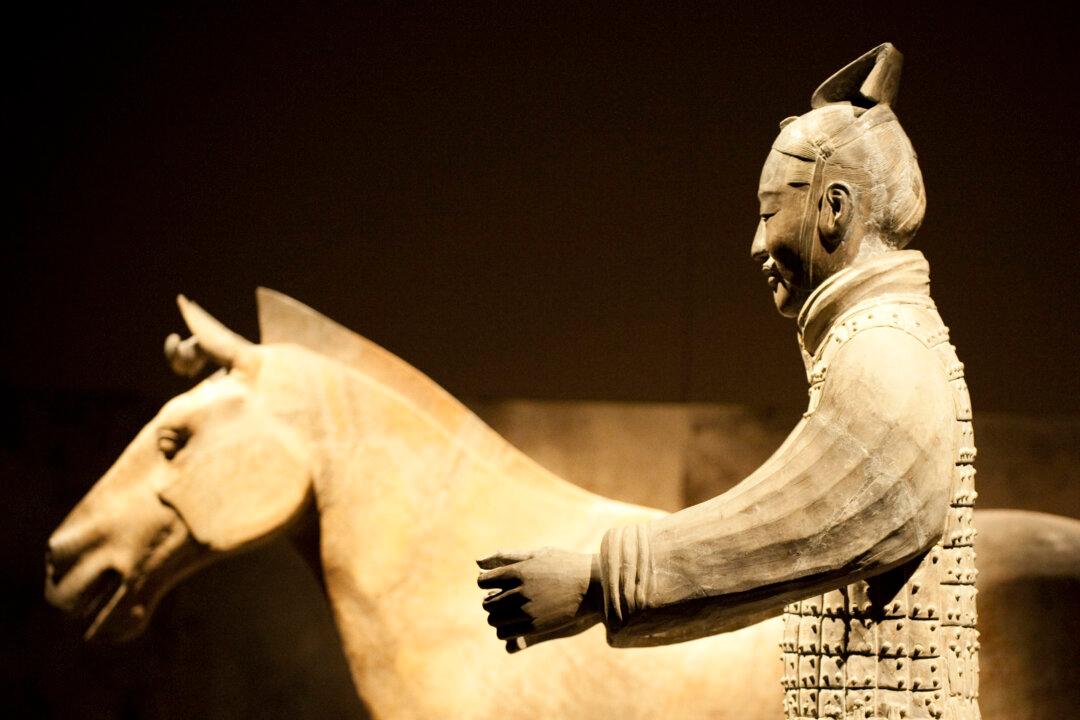While many nations and kingdoms are known for their bravery in fighting to the death against superior forces, one ancient Chinese ruler did the exact opposite to seize victory from the jaws of defeat.
This is a story of how one patient king bided his time to execute the long game—one that took 20 years.
Beginnings of an Epic Feud
In the early 5th century B.C., near the start of the Warring States Period (475–221 B.C.), the southern Chinese state of Yue was in peril. Its neighbor, the state of Wu, had just defeated the massive Chu kingdom using brilliant stratagems devised by Sun Zi, author of “The Art of War.” Now, Wu State’s king, Helü, set his eyes on the weak and unprepared Yue.
Confounding matters, Yue’s king had just died, leaving the young and inexperienced King Goujian in charge. During the funeral period, Wu troops, led by Helu himself, launched a treacherous attack on the weaker state. Goujian led his own army, hopelessly outnumbered and outmoded, into battle.





